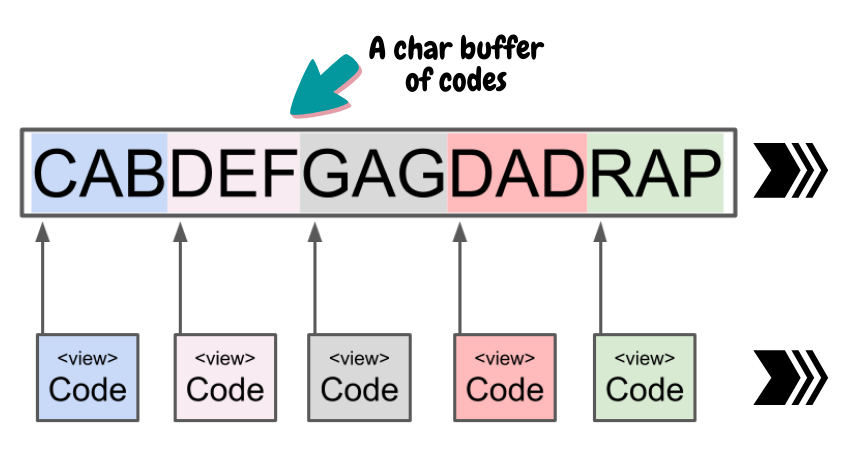Runtime Polymorphism with std::variant and std::visit--Bartlomiej Filipek
Different compromise.
Runtime Polymorphism with std::variant and std::visit
by Bartlomiej Filipek
From the article:
Runtime polymorphism usually connects with v-tables and virtual functions. However, in this blog post, I’ll show you a modern C++ technique that leverages std::variant and std::visit. This C++17 technique might not only offer better performance and value semantics, but also interesting design patterns...

